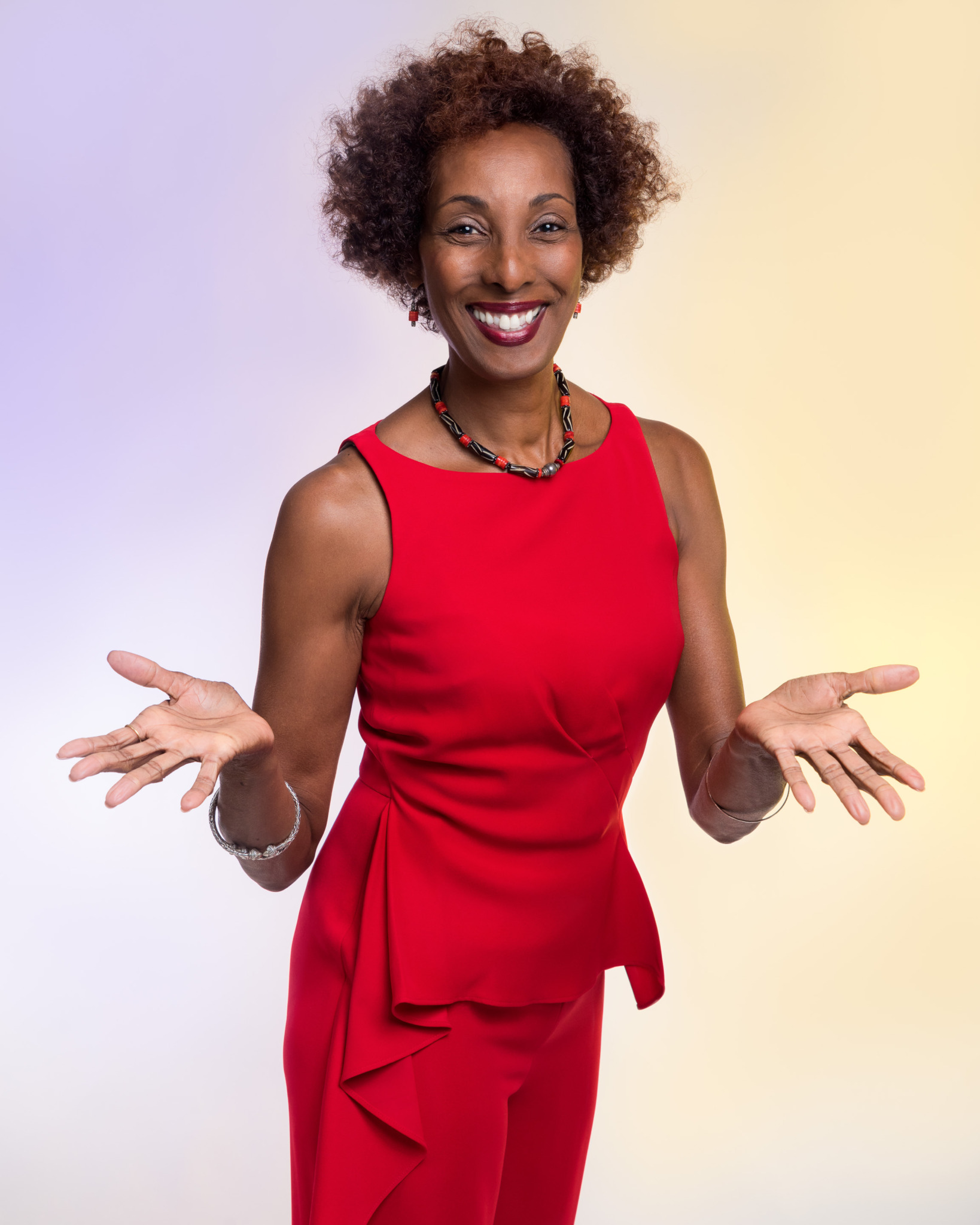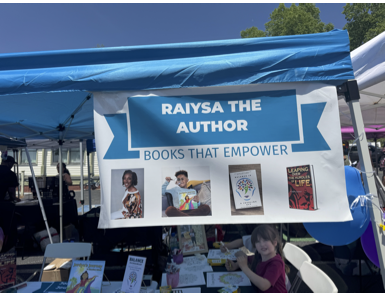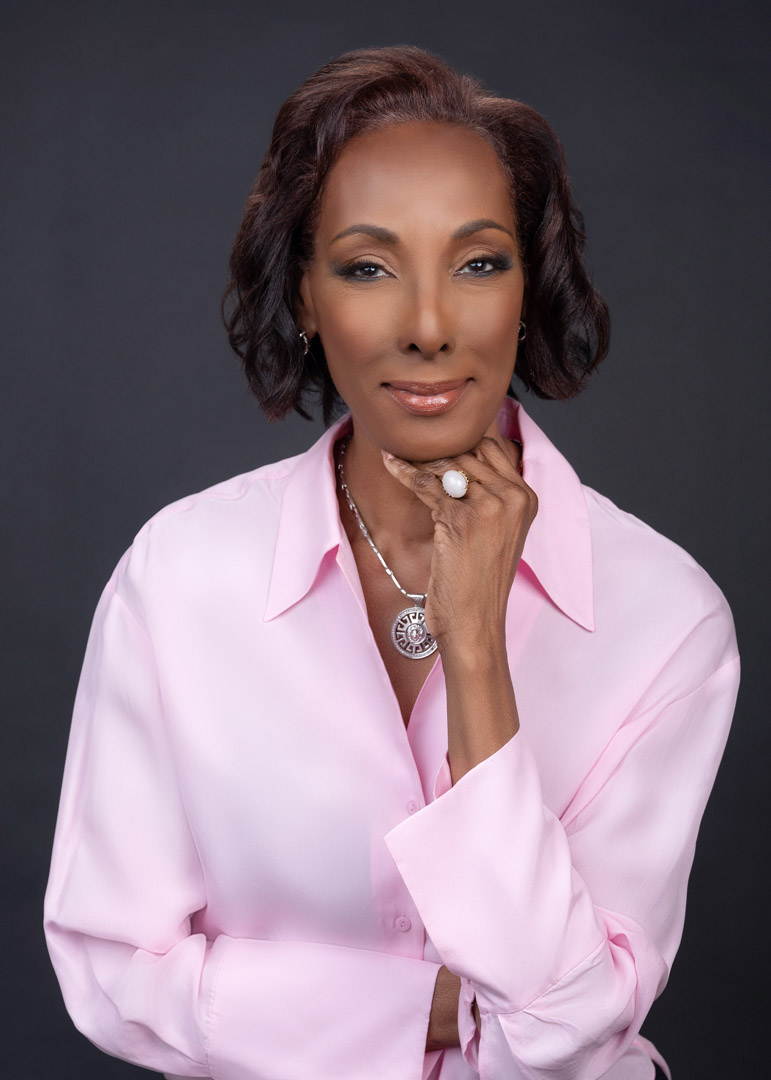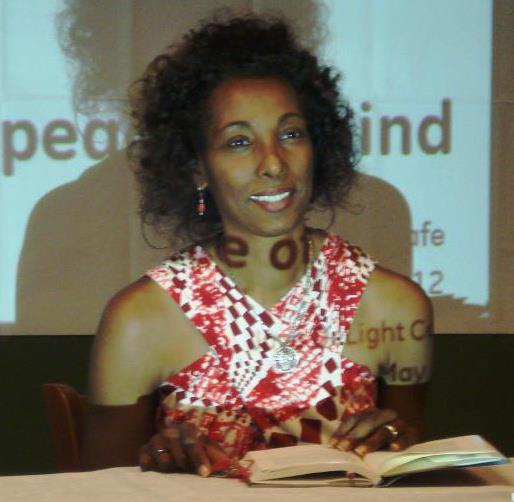We recently connected with Raiysa and have shared our conversation below.
Raiysa, looking forward to hearing all of your stories today. Was there a defining moment in your professional career? A moment that changed the trajectory of your career?
On an ordinary day in the office, I got to learn an extraordinary lesson. I was working alongside a senior executive, a person whose presence commanded respect and whose schedule was a maze of back-to-back commitments. On this particular day, the stakes were high—a senior leadership meeting loomed, and the clock was ticking.
The executive and I had just finished up an impromptu global call to resolve a crisis, which severely cramped his time to prepare for our next meeting. With his demeanor calm yet focused, he started to prepare for the next call, in a way that shifted my perspective on what could be done in a very limited amount of time with focus. With only minutes to spare, he began crafting a one-page presentation. The topic was complex, the details fresh, and the time painfully limited. Yet, there was no trace of panic in his movements. His fingers moved swiftly across the keyboard, his mind a wellspring of clarity and precision.
In less than 10 minutes, he had summed up the essence of the issue into a concise, impactful document. He acknowledged to me, with a touch of humility, that given more time, the presentation could have been more comprehensive. But he also knew that perfection was not the goal in that moment. The goal was to provide enough context to spark a productive, solution-oriented discussion. And he achieved just that.
As I watched him start the meeting, armed with his one-page creation, a profound realization hit me. This moment was not just about witnessing a seasoned professional at work; it was a lesson in adaptability, confidence, and the art of letting go of perfection. I saw firsthand that even the most accomplished individuals are, in a sense, “winging it”—navigating the unpredictable currents of life and work with grace and focus.
This experience became a cornerstone of my professional philosophy. It taught me that time, while finite, can be wielded with intention and clarity. It showed me that stress is not an enemy but a signal to prioritize and act. And most importantly, it freed me from the paralyzing grip of perfectionism. You learned that it is not about having all the answers or crafting flawless solutions; it is about showing up, doing your best with what you have, and trusting in your ability to adapt.
From that day forward, I carried that wisdom with me. In moments of pressure, I remind myself to focus on soaring rather than fearing the fall. I embraced the idea that confidence is not the absence of uncertainty but the willingness to move forward despite it. And I found a new sense of freedom in the knowledge that imperfection is not a flaw but a natural part of the human experience.
This defining moment not only shaped my approach to work but also enriched my life. It became a source of strength, a reminder that I am capable of navigating even the most challenging situations with poise and purpose. I realized that we are all, in our own way, winging it—and that is perfectly okay. What matters is that we keep moving forward, with courage, clarity, and the unwavering belief that we can soar.

Great, appreciate you sharing that with us. Before we ask you to share more of your insights, can you take a moment to introduce yourself and how you got to where you are today to our readers.
I am the principal Life Enhancement Specialist at Think and Be Well Now, a personal coaching business that I founded in 2019 to help people enhance balance and fulfillment in their lives. In addition to over four years of experience as a certified well-being coach and mental health advocate, I have PMP and Quality Black Belt certifications. I bring it all together to help my clients reframe uncertainty, overcome challenges, and achieve their goals. Life is a Project!
I am also a self published author with 4 books and 3 ebooks on shifting the paradigm of our perspective to learn about and achieve mental and emotional well being. 4 of the books/ebooks have an online program accompanying them to further enhance the knowledge.
My mission is to transform lives one thought at a time, by applying my project management expertise and my passion for reframing limiting beliefs. Before starting my coaching business, I had a successful career as a project and program manager at General Electric, where I led and drove global teams, managed complex projects, and delivered value for customers. I have skills in process improvement, contract management, and strategic planning, which I leverage to create customized and effective life enhancement programs for my clients.

Can you share a story from your journey that illustrates your resilience?
The day I lost my only child, Khaliyq, my world shattered in a way I could never have imagined. It was as if the ground beneath me gave way, and I was left suspended in an endless void of grief and disbelief. The pain was so profound, so all-consuming, that I struggled to even breathe, let alone think about the future. My child was gone, and with them, a piece of my soul.
In those first days, I felt like a shell of myself. The routines of life—getting out of bed, eating, even existing—were on auto pilot. I was drowning in sorrow, and the idea of ever finding my way back to some semblance of normalcy seemed unthinkable. But even in the darkness, something stirred deep within me. It wasn’t loud or dramatic—it was a quiet, persistent truth. I was still here. My life, though forever altered, was not over. And as much as it hurt, as much as I didn’t know how to begin, I knew I had to keep going.
Making that decision wasn’t an epiphany; it was a series of small, deliberate steps. I let myself grieve fully. I sought out people who could hold space for my pain without trying to fix it—friends, family, and even professionals who understood the weight I was carrying. I gave myself permission to rest when I needed to, to pause and simply exist without forcing myself to be “okay.”
My work, which had always been a demanding and integral part of my life, became a complicated factor in my healing. I loved what I did, but when I returned to that high-pressure environment it just felt overwhelming. I knew I wasn’t ready to be back, and I also knew that pretending to be fine when I wasn’t would serve no one—not me, not my colleagues, and not the company. So I made the difficult but necessary choice to take time off. It was a decision rooted in self-preservation and self-awareness, and looking back, I know it was one of the most important choices I’ve ever made.
When I did return to work, it wasn’t because I was “healed” or because the pain had disappeared. It was because I had reached a place where I could carry that pain with me and still move forward. I approached my role with a new sense of purpose—not just to fulfill my responsibilities, but to honor the resilience I had found within myself. I was honest about my journey, sharing my story when it felt appropriate, not to gain sympathy, but to remind others that it’s okay to not be okay. That taking care of yourself is not a weakness, but a strength.
As time went on, I began to rediscover the small joys that still existed in the world. I felt the warmth of the sun on my face and let it remind me that light still existed, even in the darkest times. I laughed with friends and allowed myself to feel that laughter fully, without guilt. I poured myself into my work when I could, finding moments of satisfaction and accomplishment that reminded me I was still capable, still strong, still here.
The hardest thing I’ve ever done—harder than any challenge I’ve faced in my career or personal life—was deciding to live again after losing my child. To acknowledge that my life would never be the same, yet still find ways to create meaning within it. My current career as an author and thought enhancement coach, comes out of this experience–from what I learned and what we all need to unlearn and relearn.
This has not been a single act of bravery but a continuous, evolving process of healing and rediscovery. And through it all, I learned that grief is not something to be conquered or defeated; it is something to be integrated, a part of the fabric of who we are as human beings.
I also discovered that the love I had for my child did not end with their passing. It transformed. It became a quiet, enduring presence that I carried with me in everything I did. I found ways to honor their memory—through acts of kindness, through supporting causes that mattered to them, and through simply speaking their name and sharing their story. In doing so, I realized that they were not truly gone, for they lived on in my heart and in the lives they had touched.
There were days, of course, when the pain resurfaced with a ferocity that threw me off. Anniversaries, birthdays, or even a fleeting memory could bring it all rushing back. But I came to realize that these moments of sorrow were not setbacks; they were reminders of the depth of my love. And with time, I learned to hold those moments with tenderness, allowing myself to feel the pain without being consumed by it.
One of the most profound lessons I learned through this journey was the importance of self-compassion. There were times when I was harsh with myself, expecting to “move on” or “get over it” as if grief had a timeline. But the truth is, healing is not linear. It is messy and unpredictable, and it requires patience and kindness toward oneself. I began to treat myself with the same care and understanding that I would offer a dear friend, and in doing so, I found a sense of peace that had eluded me for so long.
As I reflect on this journey, I am struck by the resilience of the human spirit. We are capable of enduring unimaginable pain and still finding ways to grow, to love, and to hope. It is not an easy path, but it is one that reveals the depths of our strength and the boundless capacity of our hearts. And while I would give anything to have my child back, I am grateful for the lessons they taught me—lessons about love, about courage, and about the enduring power of connectio

Any advice for managing a team?
This question brings out the project manager in me. Points I’ve transferred into my coaching practice, and the way I write.
My sweet spot has been the ability to see and nurture the unique strengths within each individual.
As a project manager formal authority is often limited. This makes the ability to influence, inspire, and connect with your team all the more essential. Acknowledging the key strengths of each person is a cornerstone of effective team management. When people feel seen and valued for what they bring to the table, their morale naturally rises, and they become more invested in the team’s success.
Empowerment is a powerful motivator. When you trust someone to take ownership of tasks that align with their strengths, you are not only fostering their confidence but also encouraging innovation and creativity. People tend to thrive when they feel a sense of autonomy and responsibility. This doesn’t mean leaving them entirely on their own; it’s the balance of providing guidance and support while giving them the freedom to shine in their areas of expertise.
I also acknowledge that no one is perfect—including myself. When team members feel safe to admit where they struggle, they are more open to growth and collaboration. As a manager, I can help them navigate these areas by offering constructive feedback, pairing them with teammates whose strengths complement their weaknesses, or providing opportunities for skill development. This not only strengthens the individual but also fosters a sense of unity within the team.
People want to feel that their contributions matter, that they are part of something larger than themselves. Highlighting the ways that each person’s work supports the team’s goals reinforces their sense of purpose and belonging. Recognition doesn’t have to be a big thing; sometimes, it’s just a simple acknowledgment in a meeting or a quick note of appreciation makes all the difference.
And of course, there are the industry standards of:
1. Creating a space for open communication,
2. Celebrating team milestones and successes
3. Encouraging collaboration, and
4. Being sure the entire team knows the bigger picture, and how they fit in.
Contact Info:
- Website: https://www.raiysatheauthor.com
- Instagram: https://www.instagram.com/thinkbewellnow
- Linkedin: https://www.linkedin.com/in/raiysanazaire/
- Twitter: no longer used
- Youtube: https://www.youtube.com/@thinkbewellnow

Image Credits
headshot photos by Mo Lima Photography


